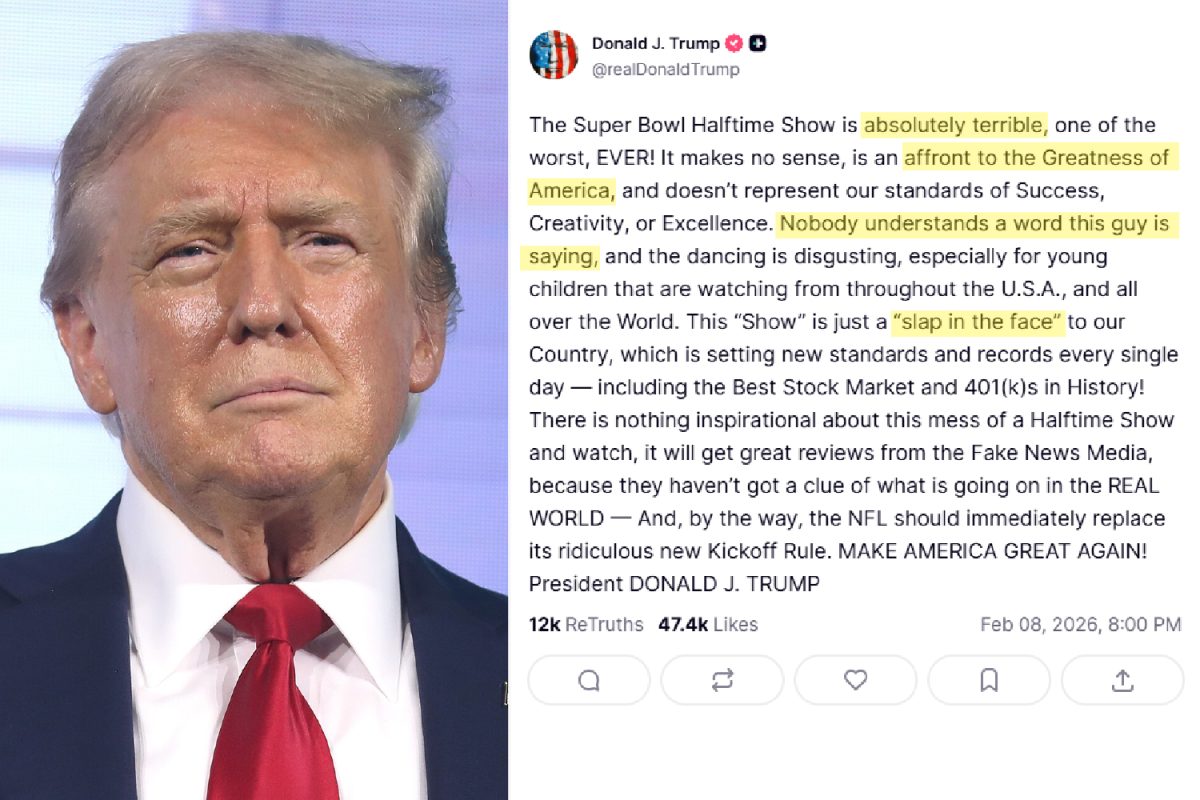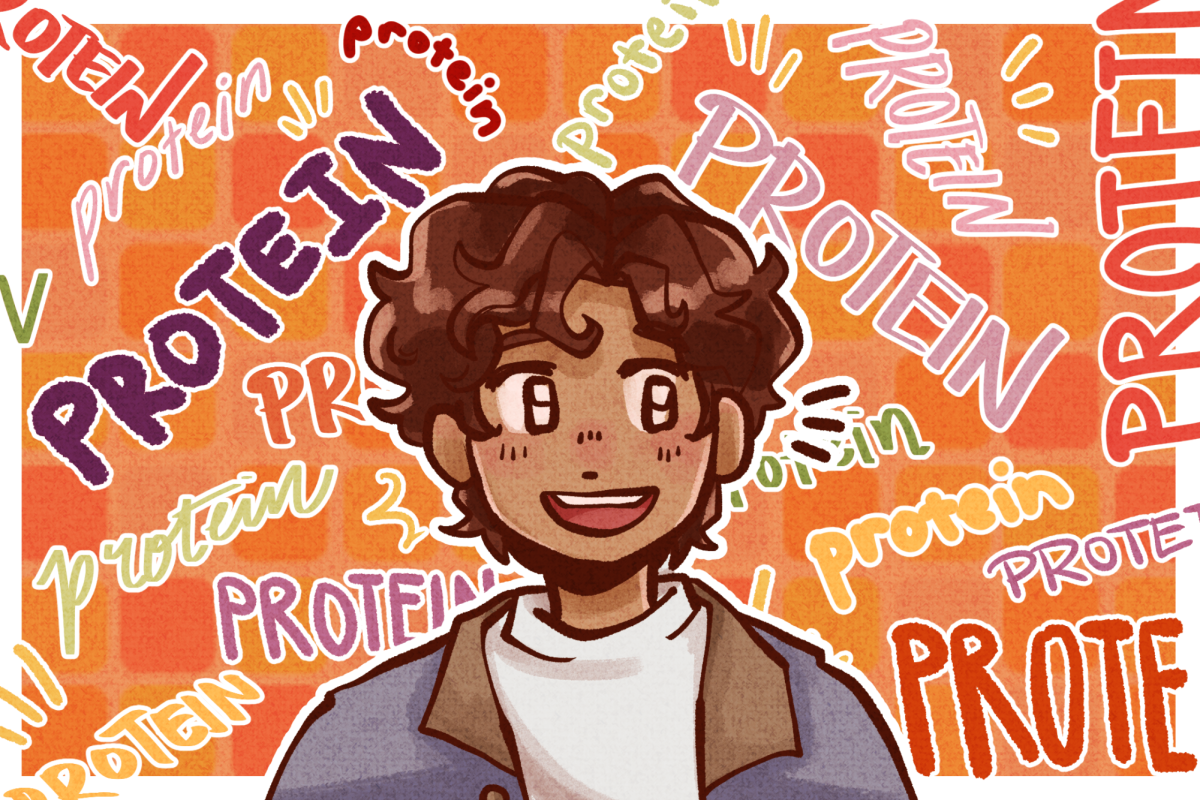For many years, the rallying cry around the minimum wage has been that it’s insufficient, offering merely a pittance that doesn’t keep up with the rising costs of living. The current minimum wage in many jurisdictions barely helps workers keep their heads above water.
It’s high time we shift our focus from a “minimum” to a “medium” wage — a wage that not only ensures the basics of survival but provides workers a genuine shot at a decent life. Citizens are entitled to benefits demographically agnostic and are adjusted for locational deficiencies or abundance.
At its heart, this isn’t just an economic issue; it’s a moral one. A society that values its workers doesn’t ask them to survive — it provides them the tools to thrive. A medium wage can be the foundation of this principle, providing workers with more than just the basics. Yet, glaring income inequality threatens this fundamental right, revealing an uncomfortable truth about our shared values. Thought leaders and influencers are increasingly rallying behind businesses that prioritize ethical wages — not just for the moral high ground but for the very fabric of our society. By championing these values, we don’t just endorse a company or a policy; we cast a vote for the kind of world we want to live in.
Research published by the Robert Wood Johnson Foundation, a philanthropic organization dedicated to advancing health equity, found that with a medium wage, employees could afford quality housing without requiring multiple roommates or secondary jobs, healthier food options, better healthcare and even some leisure activities.
Critics may argue that raising wages might hurt businesses, especially small businesses that operate on thin margins. However, consider the broader economic implications. Workers earning a medium wage would have more disposable income. This, in turn, boosts consumer spending, benefiting businesses of all sizes. There’s also the cyclical relationship between wage and productivity: Better-compensated workers tend to be more motivated, efficient and loyal, which means reduced turnover costs for employers.
Get The Daily Illini in your inbox!
Furthermore, a shift from minimum to medium wage may have a profound impact on public welfare systems. Currently, many workers — despite being employed — still rely on government subsidies because their wages don’t cover basic necessities. By paying workers a wage that genuinely reflects the cost of living, we could see a significant decrease in the reliance on such programs, ultimately saving taxpayer dollars.
In the grander scheme, a society that ensures its workers earn a decent wage is more likely to be stable, content and harmonious. According to research conducted in the field of public health, the social benefits range from decreased crime rates, as fewer people would be driven to desperation, to improved mental and physical health outcomes, as financial stress and related ailments decline.
We must address this with balance and foresight. A sudden jump can be detrimental to businesses, leading to unforeseen layoffs or closures. A phased approach might be more practical, giving businesses, especially smaller ones, time to adjust and plan.
It’s also essential to recognize that different areas have varying living costs. While a medium wage should universally ensure a comfortable living, the actual amount might differ based on regional economic conditions. Regular reviews and adjustments, tied to the cost of living and inflation rates, will ensure the wage remains relevant and beneficial.
The move from minimum to medium wage is not just about economics; it’s about reshaping our societal values. It’s about moving from mere survival to genuine living.
It’s a bold vision, no doubt, but one rooted in fairness, respect and a belief in the potential of every worker to contribute significantly when given the chance. People as people beat people as workers — every time.
Harrison is a senior in LAS.











